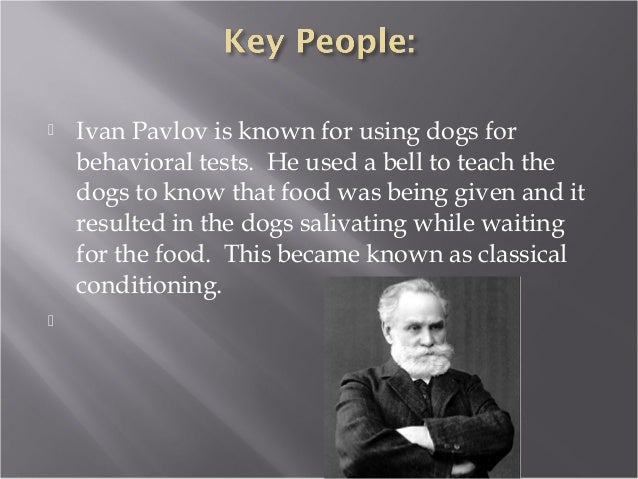

Stage-I: The Punishment and Obedience Orientation.This level is further sub-divided into two stages. Pre- Conventional Level: At this level, the child is not responsive to cultural rules and labels of good and bad, right or wrong but interprets these labels in terms of physical or hedonistic consequences of actions or in terms of physical powers of those who communicate the rules and labels.Important PointsThe other two levels of Kohlberg's moral development theory are:

These are universal principles of justice, reciprocity, quality of human rights, and respect for the dignity of human beings as individual persons.įrom all these references we understand that in the post-conventional stage, Principles and ethics are much involved which shows the teacher's behavior, thus we can conclude that Post conventional level is the correct answer. Stage 6: The Universal Ethical Principle Orientation: Right is defined by the decision of the conscience in accordance with self-chosen ethical principles appealing to logical comprehensiveness, universality, and consistency.The result is based upon a legal point of view but with a Right to Education emphasis upon the possibility of changing the law in terms of consideration of social utility Apart from what is constitutional and democratically agreed upon the right is a matter of personal values. Stage 5: The Social Contract, Legalistic Orientation: in terms of general individual rights and standards that have been critically examined and agreed upon by the whole society.Post conventional level: At this level, there is a clear effort to define moral values and principles that have validity and application apart from the authority of the groups or persons.

Key Points Three levels of moral development are Pre- Conventional, Conventional, Post conventional. he describes the theory on 3 different levels and these 3 levels are further classified into 6 stages. The gradual formation of an individual's concepts of right and wrong, conscience, ethical and religious values, social attitudes, and behavior is called moral development. The theory of a child's moral development is proposed by Lawrence Kohlberg in 1958.


 0 kommentar(er)
0 kommentar(er)
